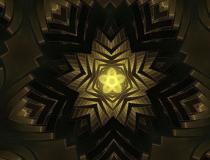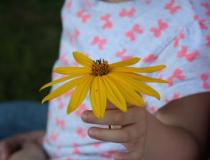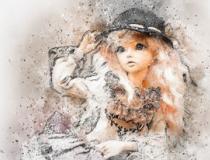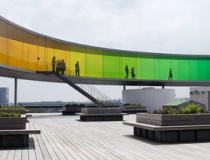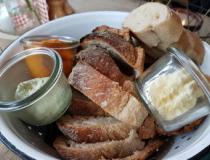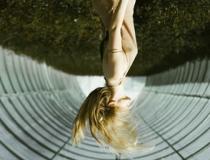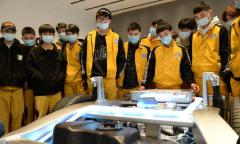Artistic experience and background typically refer to an individual's involvement, education, and accomplishments in the field of art. This can include various forms of artistic expression such as visual arts, performing arts, music, literature, and more. Developing a strong artistic experience and background is essential for artists seeking to advance their careers and establish themselves in the industry.
Educational Background
Artists often begin by pursuing formal education in art or a related field. This can include earning a degree in fine arts, graphic design, music, writing, or other disciplines. Attending art schools, colleges, or universities provides aspiring artists with the opportunity to develop their skills, learn foundational techniques, and explore different artistic mediums.
Artistic Training

In addition to formal education, many artists also undergo specialized artistic training. This can involve studying under experienced mentors, attending workshops and masterclasses, or participating in artist residencies. Artistic training helps individuals refine their techniques, expand their artistic vision, and gain valuable insights from established professionals in the field.
Exhibitions and Shows
Participating in exhibitions, shows, and art fairs is an important aspect of building artistic experience. These events provide artists with the opportunity to showcase their work to a wider audience, receive feedback from critics and viewers, and network with other artists and industry professionals. Exhibiting at prestigious venues and events can significantly enhance an artist's reputation and visibility in the art world.
Awards and Recognitions
Receiving awards, grants, and recognitions for artistic work is a significant achievement for artists. It not only validates the quality of their work but also enhances their credibility and opens up new opportunities for collaboration and exposure. Artists should actively seek out award programs, competitions, and grants that align with their artistic goals and aspirations.
Collaborations and Projects
Collaborating with other artists, creative professionals, and organizations can enrich an artist's experience and broaden their creative horizons. Participating in collective projects, interdisciplinary collaborations, and community initiatives allows artists to explore new ideas, techniques, and perspectives. Collaborations also enable artists to reach new audiences and engage with diverse communities.
Continuing Education and Professional Development
Artistic growth is a lifelong journey, and artists should continuously seek opportunities for learning and skill development. This can involve attending workshops, enrolling in courses, experimenting with new mediums, and staying informed about current trends in the art world. Professional development not only enhances an artist's technical abilities but also fosters creative innovation and personal growth.
Networking and Promotion
Building a strong network of contacts within the art community is crucial for advancing one's artistic career. Artists can connect with galleries, curators, collectors, and other stakeholders through networking events, social media, and professional organizations. Effective selfpromotion, such as maintaining an online portfolio, participating in artist talks, and leveraging social media platforms, is also essential for gaining visibility and attracting opportunities.
Conclusion
Artistic experience and background are integral to an artist's professional development and success. By actively engaging in educational pursuits, artistic training, exhibitions, collaborations, and ongoing professional development, artists can strengthen their skills, expand their artistic vision, and establish themselves as respected and influential figures in the art world.


